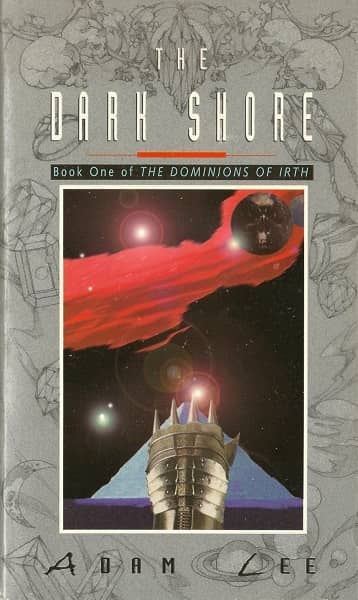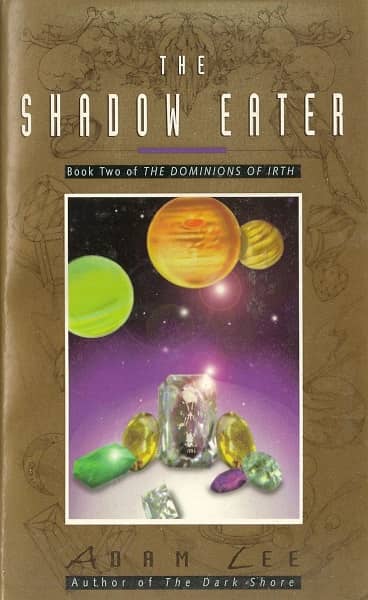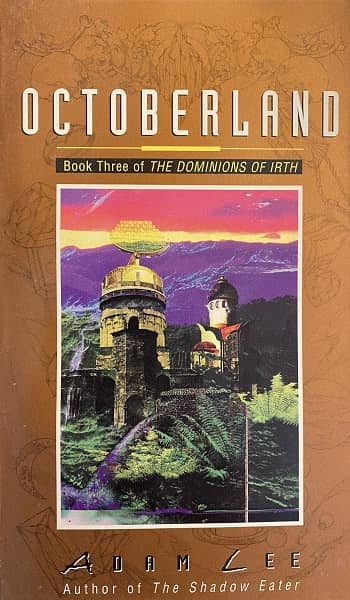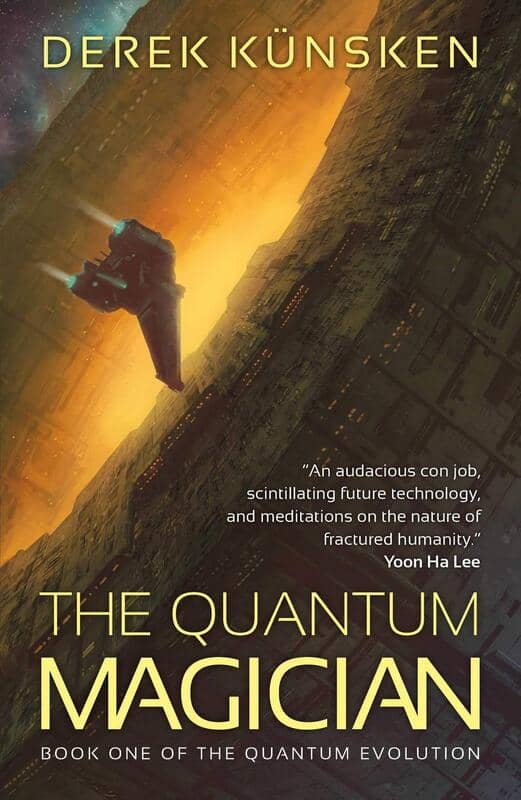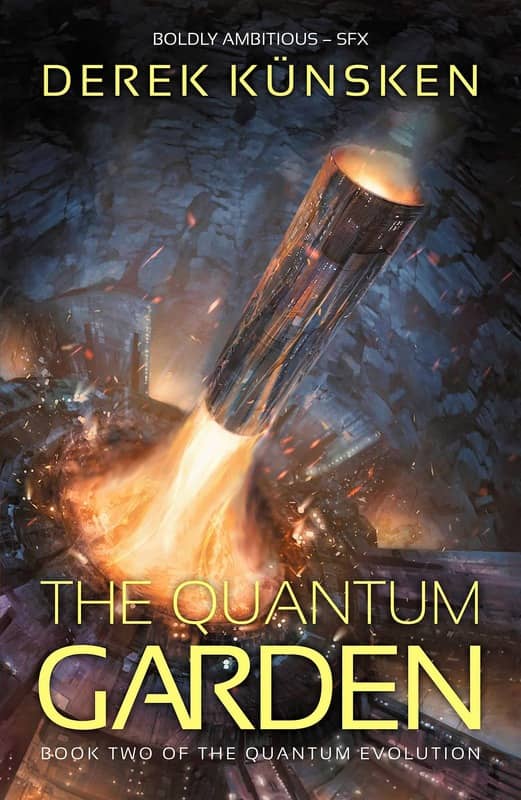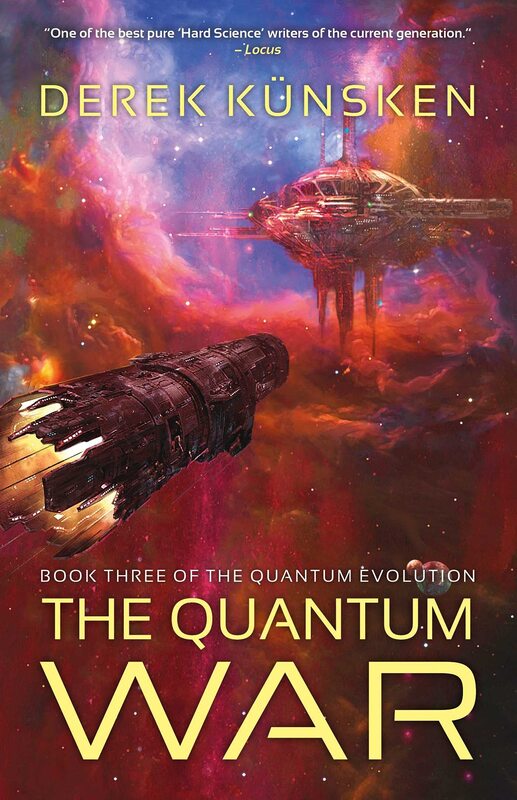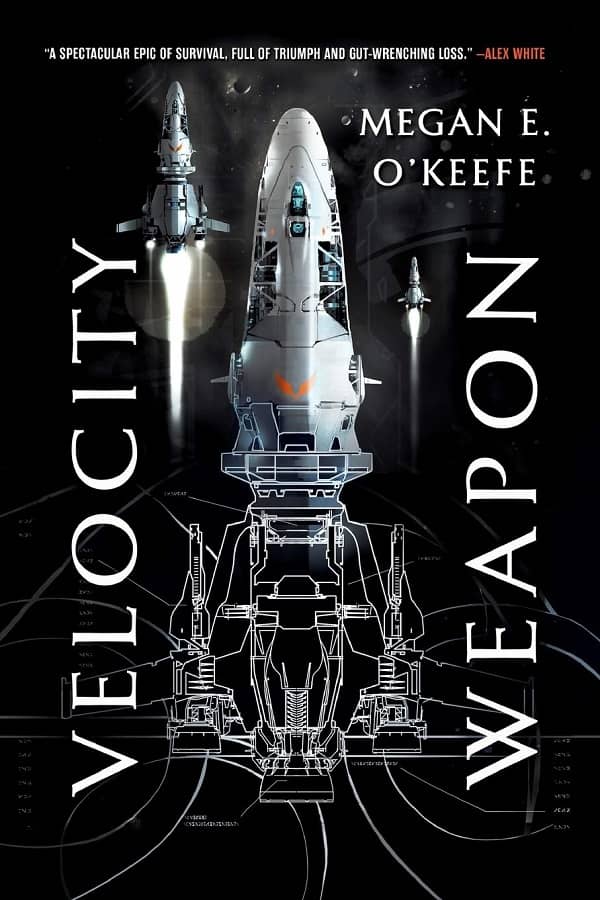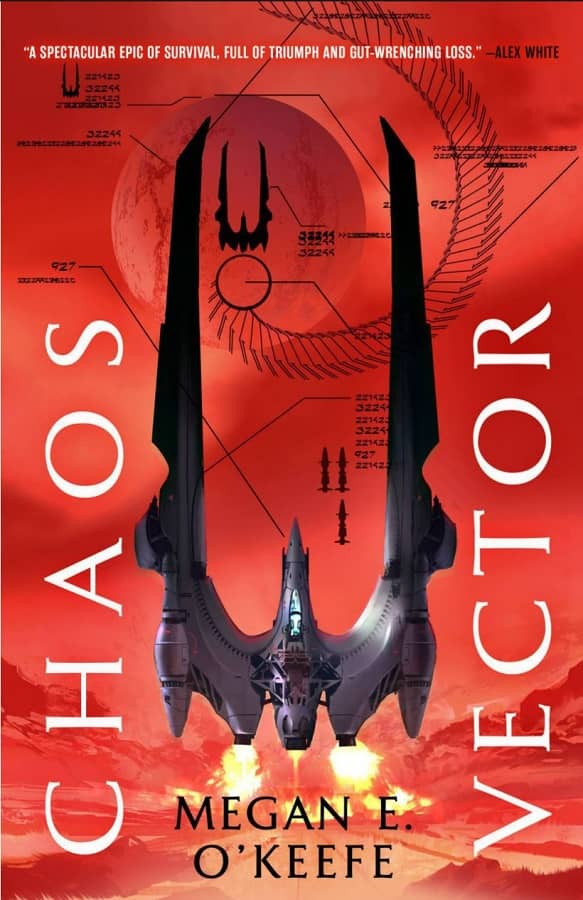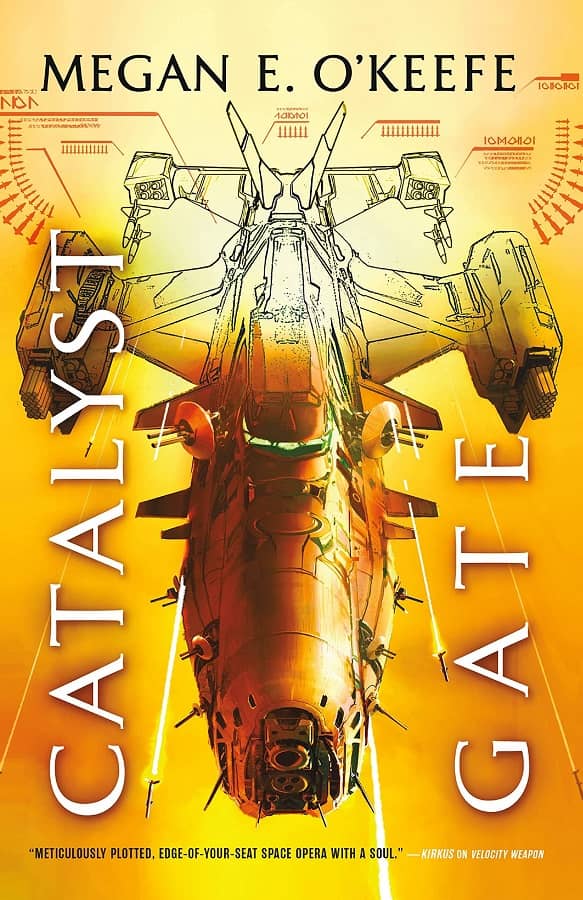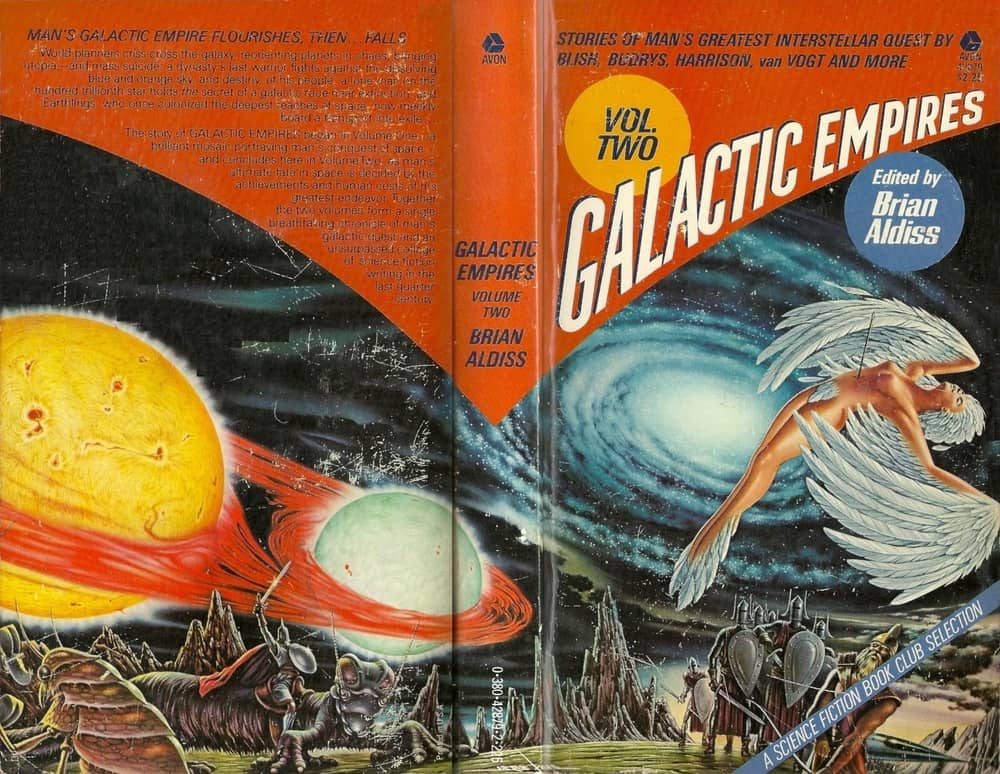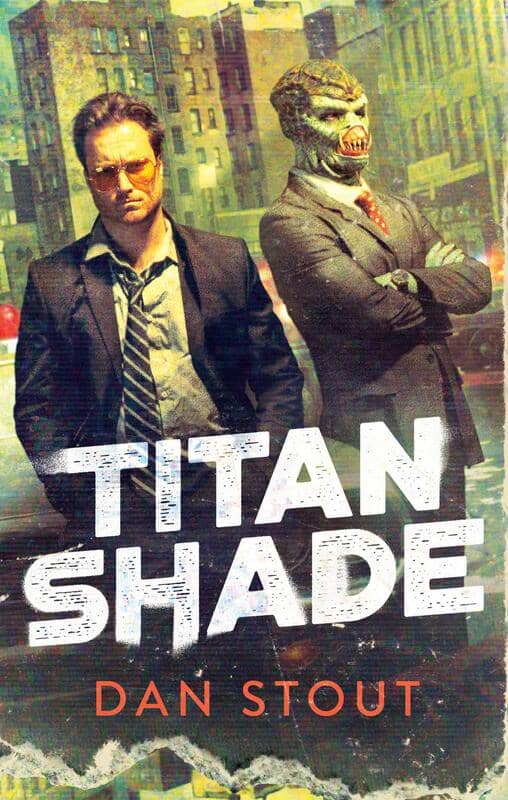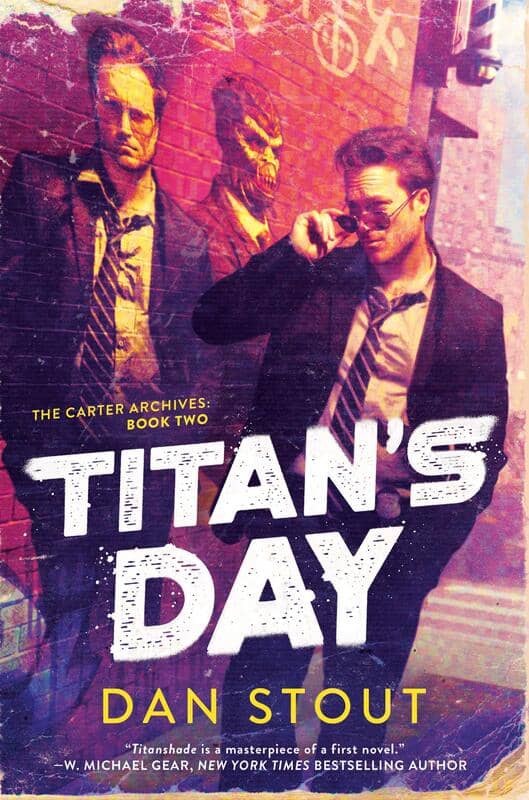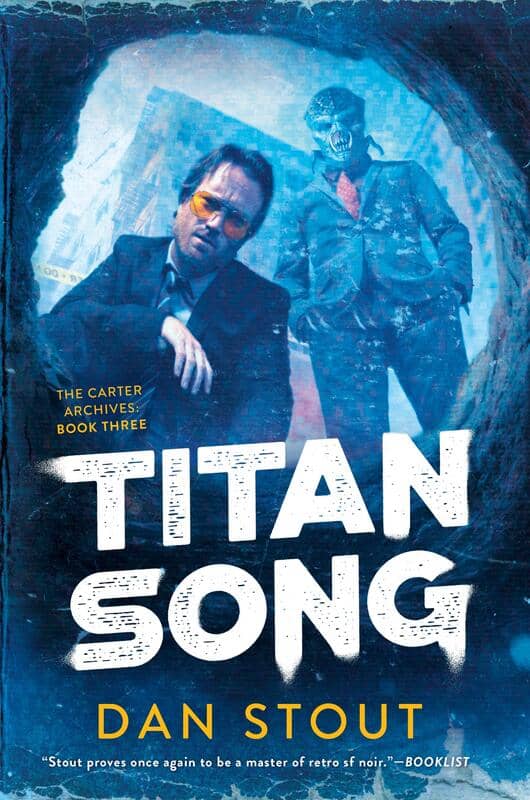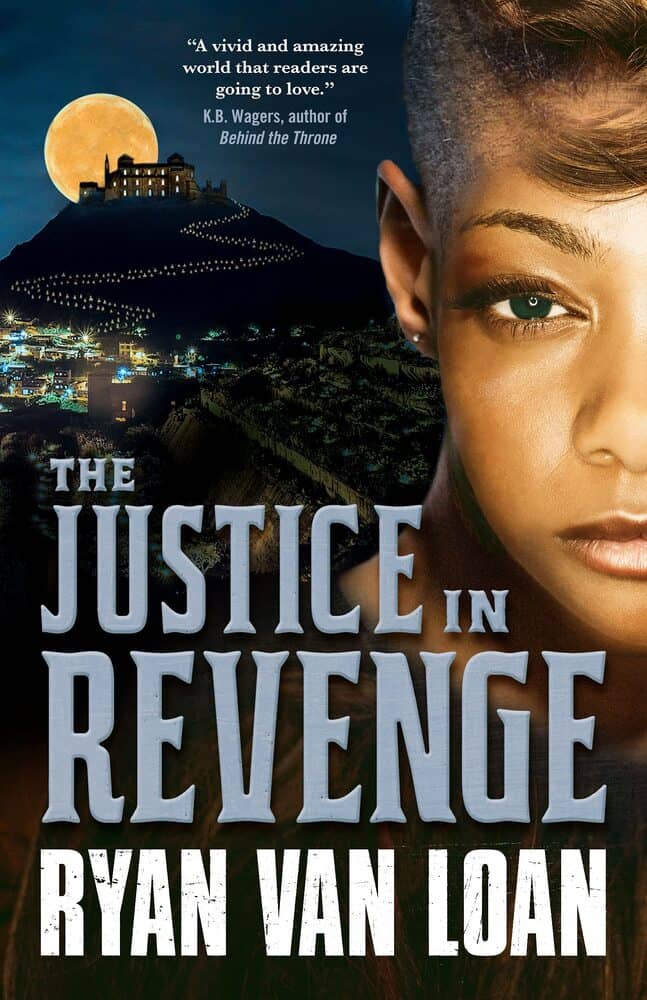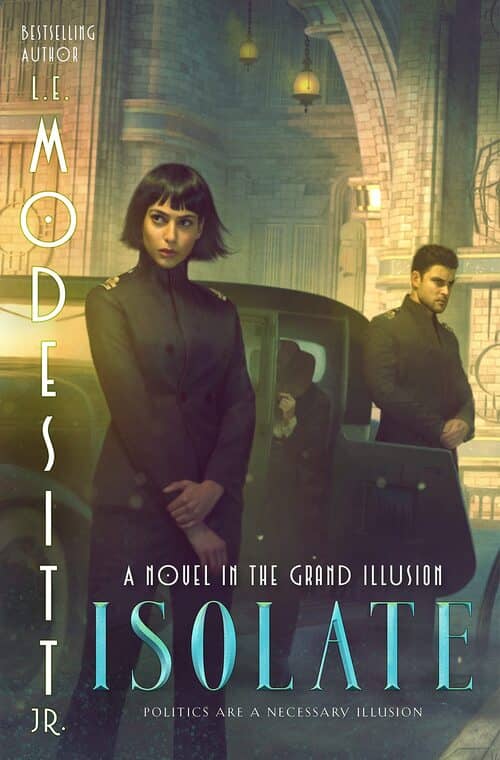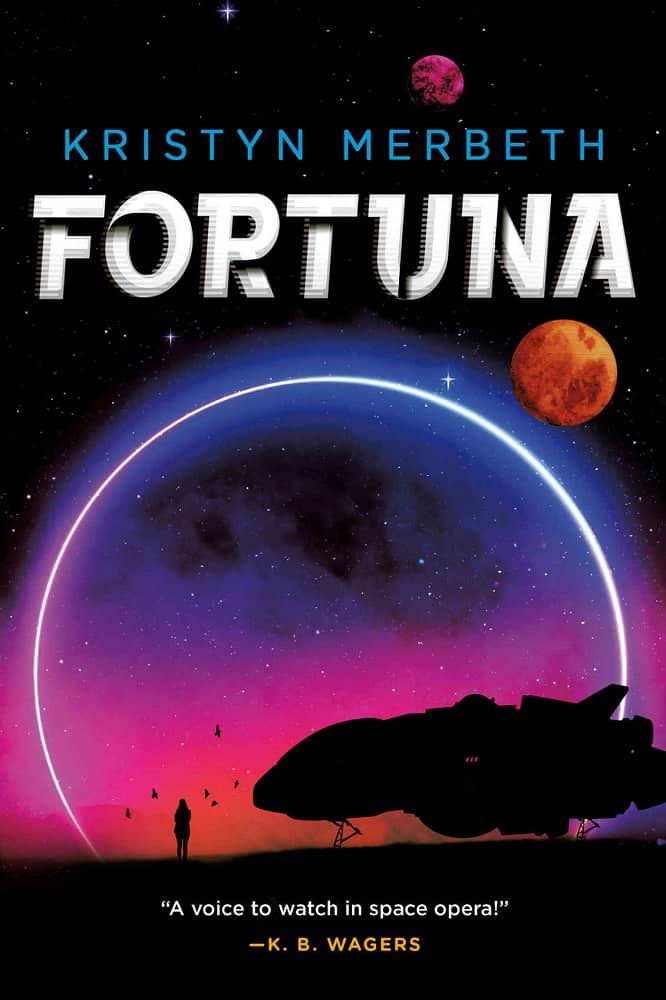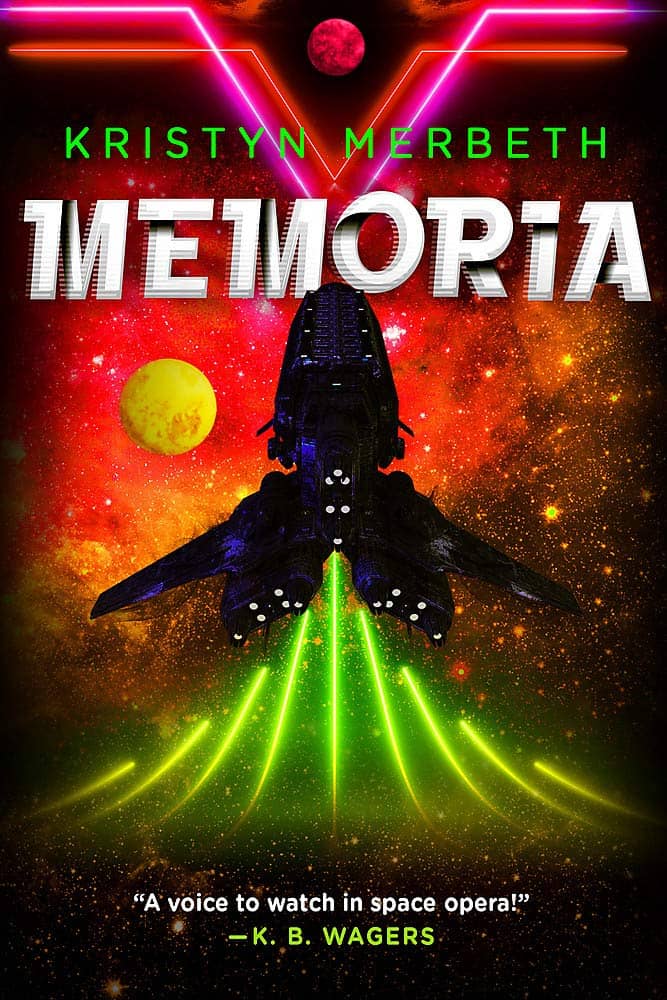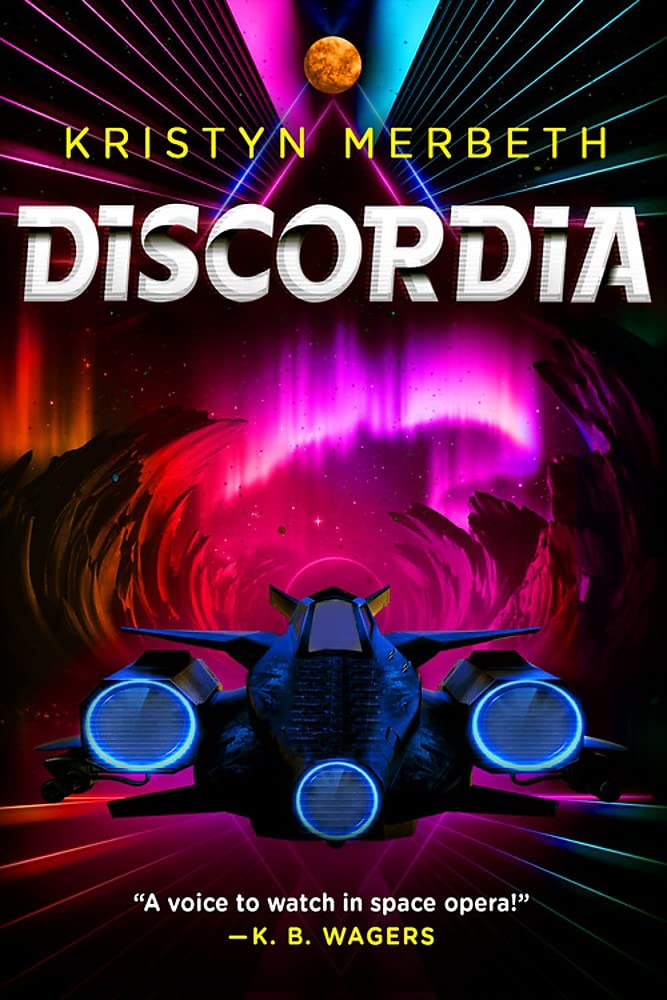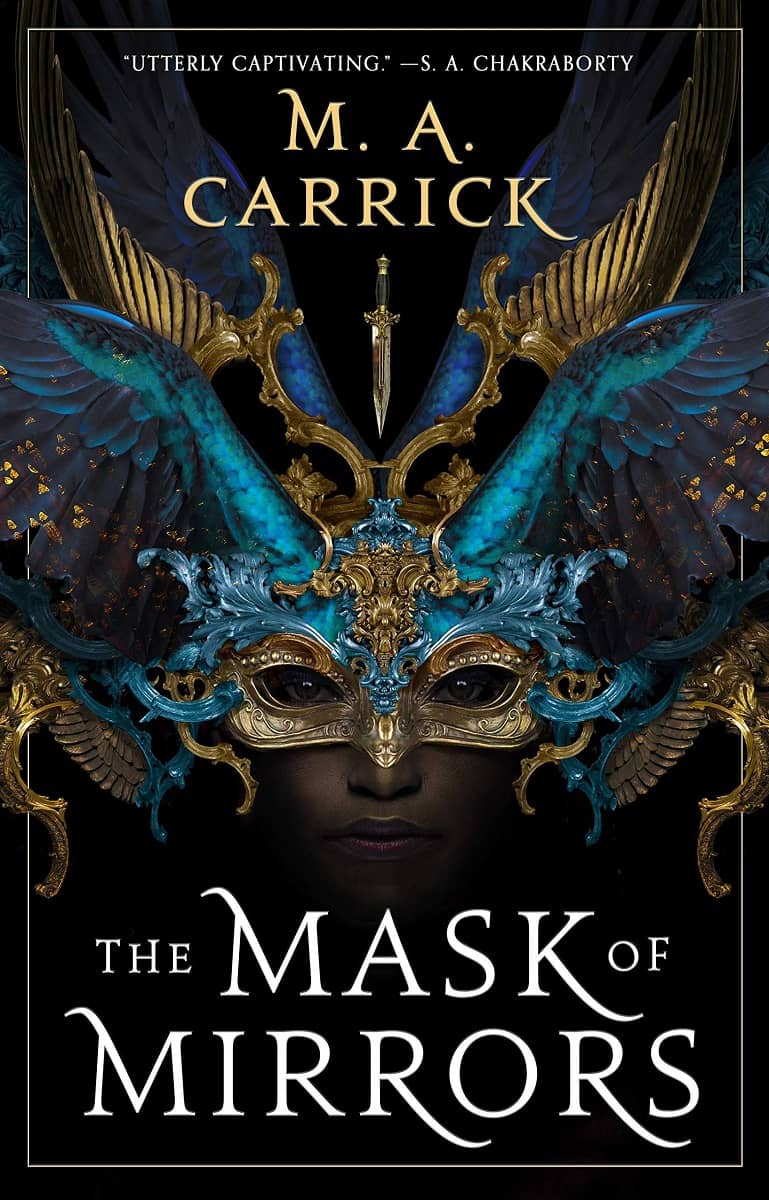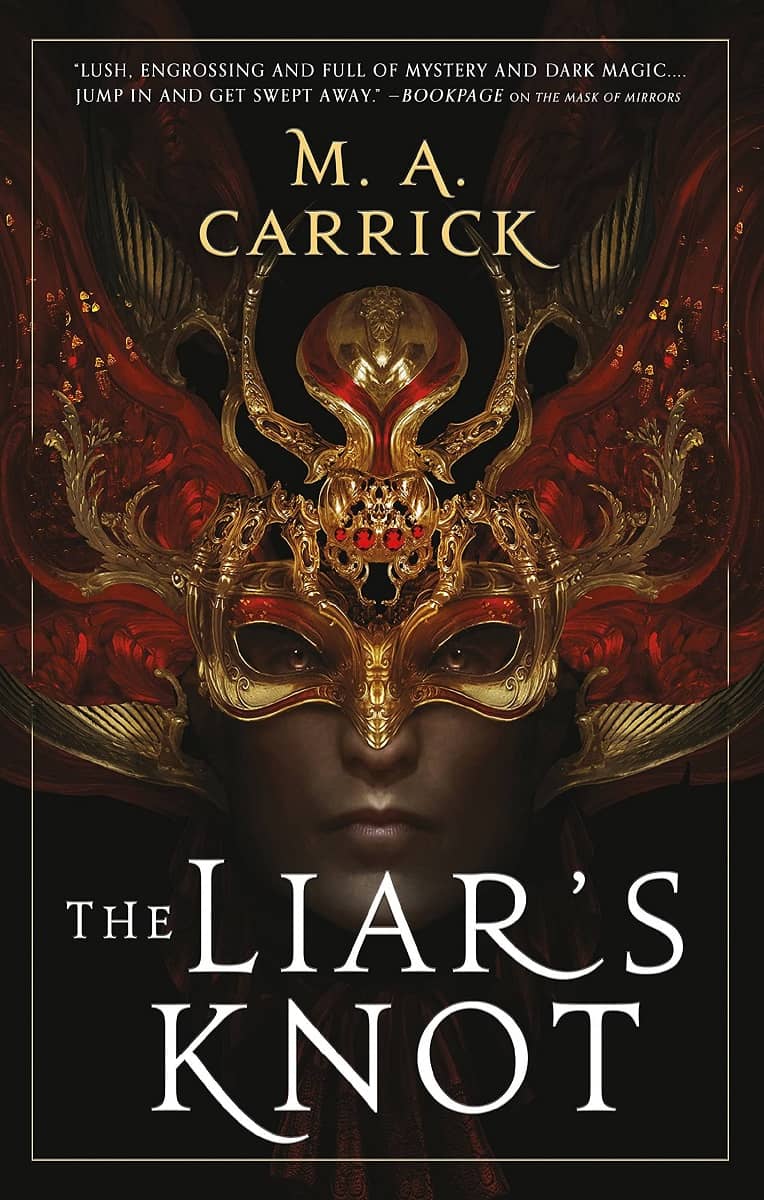Future Treasures: Azura Ghost, Volume II of The Graven by Essa Hansen
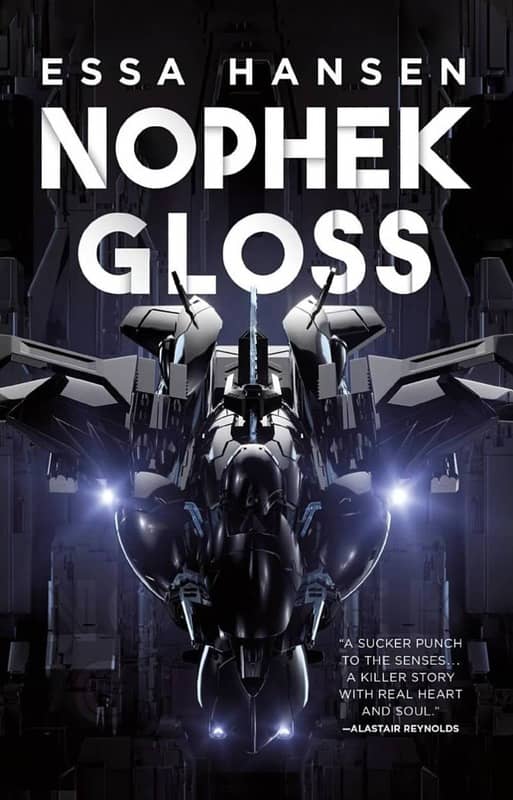 |
 |
Nophek Gloss and Azura Ghost (Orbit, 2020 and 2021). Covers by Mike Heath
I seem to have increased the amount of space opera in my diet. I think it’s because there happen to be so many good series on the go — from Becky Chambers Wayfarers books to Ann Leckie’s Imperial Radch trilogy, from Alastair Reynolds’ Revelation Space to James S.A. Corey’s Expanse, Derek Künsken’s Quantum Evolution to Megan E. O’Keefe’s Protectorate trilogy.
But the one I’m excited about at the moment is Essa Hansen’s The Graven, the tale of one man and his sentient starship. Mostly because the second book, Azura Ghost, arrives next week. We covered the first volume, Nophek Gloss, last year. Not only has Hansen created an exciting space opera series, but she’s also mixed in the other hot SF theme de jour — the concept of the multiverse — spreading her tale across a rich canvas of parallel universes.
